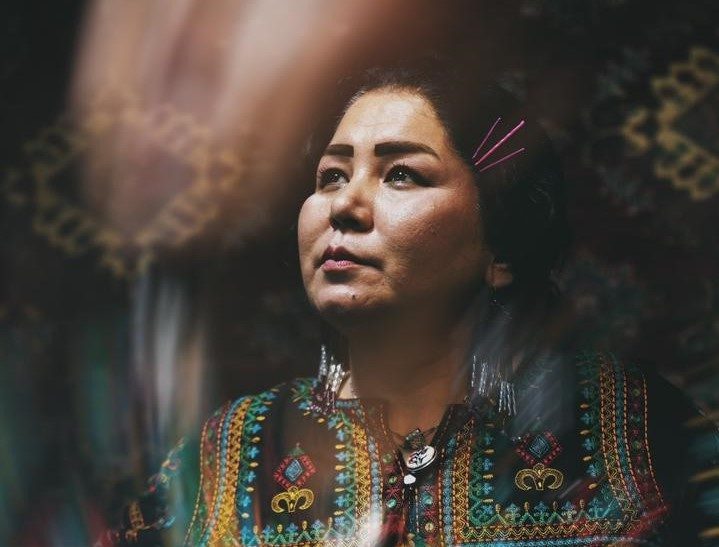Today marks 28 years since I submitted my original proposal for the worldwide web. I imagined the web as an open platform that would allow everyone, everywhere to share information, access opportunities, and collaborate across geographic and cultural boundaries.
In many ways, the web has lived up to this vision, though it has been a recurring battle to keep it open. But over the past 12 months, I’ve become increasingly worried about three new trends, which I believe we must tackle in order for the web to fulfil its true potential as a tool that serves all of humanity.
1) We’ve lost control of our personal data
The current business model for many websites offers free content in exchange for personal data. Many of us agree to this – albeit often by accepting long and confusing terms and conditions documents – but fundamentally we do not mind some information being collected in exchange for free services. But, we’re missing a trick. As our data is then held in proprietary silos, out of sight to us, we lose out on the benefits we could realise if we had direct control over this data and chose when and with whom to share it. What’s more, we often do not have any way of feeding back to companies what data we’d rather not share – especially with third parties – the T&Cs are all or nothing.
This widespread data collection by companies has other impacts. Through collaboration with – or coercion of – companies, governments are increasingly watching our every move online and passing extreme laws that trample on our rights to privacy. In repressive regimes, it’s easy to see the harm that can be caused. But even in countries where we believe governments have citizens’ best interests at heart, watching everyone all the time is simply going too far. It creates a chilling effect on free speech and stops the web from being used as a space to explore important topics, such as sensitive health issues, sexuality or religion.
2) It’s too easy for misinformation to spread on the web
Today, most people find news and information on the web through just a handful of social media sites and search engines. These sites make more money when we click on the links they show us. And they choose what to show us based on algorithms that learn from our personal data that they are constantly harvesting. The net result is that these sites show us content they think we’ll click on – meaning that misinformation, or fake news, which is surprising, shocking, or designed to appeal to our biases, can spread like wildfire. And through the use of data science and armies of bots, those with bad intentions can game the system to spread misinformation for financial or political gain.
3) Political advertising online needs transparency and understanding
Political advertising online has rapidly become a sophisticated industry. The fact that most people get their information from just a few platforms and the increasing sophistication of algorithms drawing upon rich pools of personal data mean that political campaigns are now building individual adverts targeted directly at users. One source suggests that in the 2016 US election, as many as 50,000 variations of adverts were being served every single day on Facebook, a near-impossible situation to monitor. And there are suggestions that some political adverts – in the US and around the world – are being used in unethical ways – to point voters to fake news sites, for instance, or to keep others away from the polls. Targeted advertising allows a campaign to say completely different, possibly conflicting things to different groups. Is that democratic?
These are complex problems, and the solutions will not be simple. But a few broad paths to progress are already clear. We must work together with web companies to strike a balance that puts a fair level of data control back in the hands of people, including the development of new technology such as personal “data pods” if needed and exploring alternative revenue models such as subscriptions and micropayments.
We must fight against government overreach in surveillance laws, including through the courts if necessary. We must push back against misinformation by encouraging gatekeepers such as Google and Facebook to continue their efforts to combat the problem while avoiding the creation of any central bodies to decide what is “true” or not.
We need more algorithmic transparency to understand how important decisions that affect our lives are being made, and perhaps a set of common principles to be followed. We urgently need to close the “internet blind spot” in the regulation of political campaigning.
I may have invented the web, but all of you have helped to create what it is today. All the blogs, posts, tweets, photos, videos, applications, web pages and more represent the contributions of millions of you around the world building our online community.
All kinds of people have helped, from politicians fighting to keep the web open, standards organisations like W3C enhancing the power, accessibility and security of the technology, and people who have protested in the streets.
It has taken all of us to build the web we have, and now it is up to all of us to build the web we want – for everyone.
The Web Foundation is at the forefront of the fight to advance and protect the web for everyone. We believe doing so is essential to reverse growing inequality and empower citizens. Details: webfoundation.org







